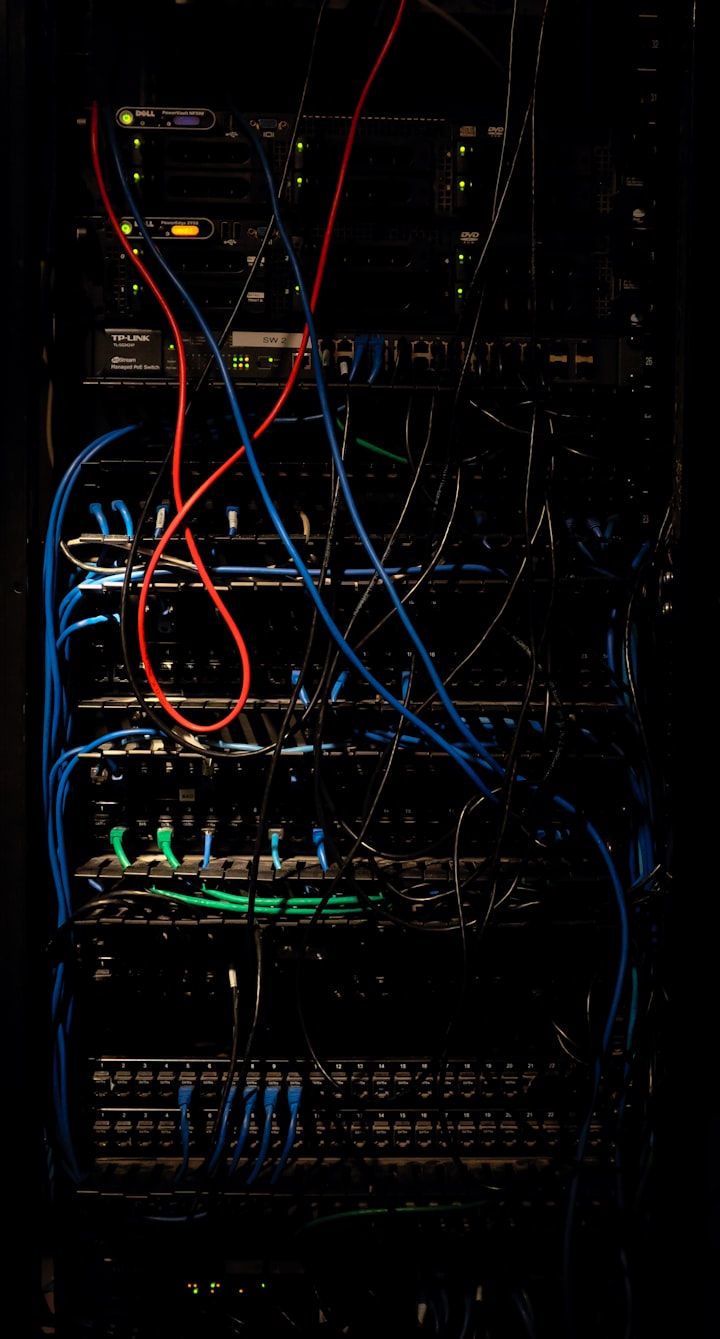Indian social commerce Meesho raises $570 million at $4.9 billion valuation
Meesho's valuation has increased more than 60% in six months to $4.9 Billion

Meesho's valuation has increased more than 60% in six months to $4.9 Billion. This is due to a growing number high-profile investors backing the Indian social commerce startup, which reports strong growth despite the pandemic.
The Bangalore-headquartered firm said on Thursday it has raised $570 million in its Series F financing round, following a $300 million Series E in April when it was valued at $2.1 billion. The startup's first ever raise was led by Fidelity, B Capital Group and B Capital Group.
Prosus Ventures and SoftBank Vision Fund 2 Facebook were also part of the new round. Vidit Aatrey, co-founder and chief executive of the startup, spoke to TechCrunch during an interview.
Meesho, which includes Sequoia Capital India and Elevation Capital as its earliest investors, operates a three-sided marketplace , which connects resellers and manufacturers with customers via social media platforms like WhatsApp, Facebook, and Instagram. Resellers purchase listed products from suppliers and receive commission on every sale to customers.
Aatrey, who cofounded Meesho in 2015 with Sanjeev Barwal, stated that about 80% of the resellers on the platform is women. The startup was founded with the goal of helping women start businesses without any capital.
After noticing that Indian merchants were constantly in touch via WhatsApp, the two engineers decided to create Meesho. They shared information about new inventories and kept their customers informed. Some users claimed that WhatsApp drove 30% to 50% of their sales despite the slow workflow. (WhatsApp now has more than half a million users in India. Nearly all Indians with smartphones use the Facebook-owned service.
"When we began in 2015, branded products were mostly available online," he explained, noting that smartphones, other electronic items, and branded fashion products were very popular at the time. "All other products were primarily sold offline."
"India is a primarily unorganized market. 80 to 85% percent of India's retail GDP is unstructured, long-tail, and managed by small businesses. He said that what was online at the time was exactly the opposite.
"Our mission was to make internet commerce accessible for all, including consumers, small businesses, and our Meesho entrepreneurs. That's my space. We will continue to concentrate on small businesses, and on the demand side we will continue focusing on the next billion customers.
However, that doesn't mean the startup didn't find success immediately. Aatrey, an early investor in Meesho, recalled that he used to pack and deliver the packages himself. Things have changed drastically over the years.
Meesho was used by over 13 million entrepreneurs and 100,000 suppliers as of April 2018. Aatrey declined the opportunity to disclose new figures but stated that "we have grown three times since the previous fundraise." Meesho was, like many other e-commerce companies, severely affected by the pandemic.
He said that the startup had become a "horizontal player" where customers buy from all categories, including fashion, lifestyle and electronics, as well as automotive.
Meesho expanded into the grocery category earlier this year. Aatrey stated that the startup is making rapid inroads in this space. He said that the startup will use the new capital to expand its research and development efforts, and to grow its team by three times over the next 18 months. The startup has set a lofty goal of reaching 100 million users by next year.
The world's second largest internet market is at stake, with e-commerce barely making an impact on overall retail. Analysts at Bernstein stated earlier this week that the value of the social commerce market could reach $20 billion by 2025. This is an increase from $1 billion to $1.5 million last year.
"Social commerce can empower more than 40 millions small entrepreneurs in India," they wrote. They wrote that 85% of social commerce sellers are small, offline-oriented merchants who use social channels for new growth opportunities.
Flipkart, India's largest e-commerce platform, has also taken note. Shopsy, the firm's social commerce platform, was launched by the company. It stated that it hopes to have 25 million resellers in 2023. Shopee, a Southeast Asian company, appears to be in India to launch its service. TechCrunch earlier reported that Shopee, which is owned in part by Sea, had quietly launched the seller service within the country. Bernstein analysts, citing sources they have consulted, stated that Shopee will launch in the South Asian markets next month.
"We have evaluated ecommerce opportunities across emerging countries and are excited about Meesho’s focus on strong unit economies and a consumers-first approach," Kabir Narang (founding general partner at B Capital Group), said in a statement.
"Meesho's business model is incredibly attractive to entrepreneurs, suppliers, and end customers. It consolidates on one platform. It is quickly becoming a leader in this market. Meesho now empowers 100 million SMBs in tier 2+ cities to sell online using its digital commerce platform.





Comments
There are no comments for this story
Be the first to respond and start the conversation.